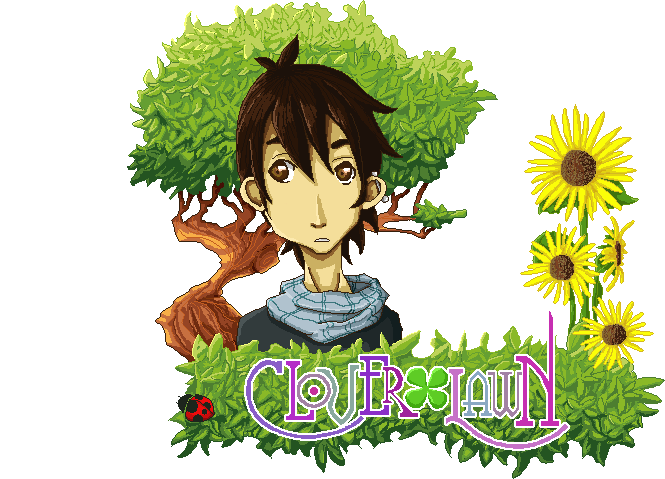Identity by the definition of the word is the collective
aspect of the set of characteristics/behaviours that something/someone is recognizable
or known for and at the same time is the quality or condition of being the same
as something else.
A pre-modern identity is the one where the individual is
well-built and it can be defined by predetermined roles. In this case the
possibility of breaking free of this identity was difficult as there where ‘institutions’
that determined the security of the identities.
In contrast with this a post-modern approach would depend on the construction
of social experiences. Considered as a ‘liquid’ identity is something that can
change at will and therefore we create a theatrical like demonstration of different
facades.
“On the Internet, nobody knows you’re a dog” is a comical
phrase that started describing the main essence of a modern type of identity:
Digital identity. The concept as it describes, predominates on the cyberspace
and it is defined as a set of data that uniquely describes a person (or entity
in some cases). The main problem with this online identity is to know who the
person that is being part of the interaction. Conflicts with the
authentication, privacy and security are particular issues characteristic to
digital identity.
An element of interest in the videogame industry is the RPG
genre (Roll Playing Game) and more in particular the MMORPG (Massively Multiplayer
Online Role-Playing Game). This genre is famous for containing an open world
that in multiple cases the creation of an avatar is necessary. In MMORPGs the
concept of playing simultaneously with a very large number of players in a
virtual world requires the user to customise his/her character and give it a
personality. In most cases it goes from choosing gender, age, name,
race/species, job/profession and many other attributes related to physical capabilities
of the character.
Final Fantasy is the first RPG game to introduce the system of jobs where the player has the ability to chose and change between different identities within the game giving the character unique attributes depending on the choice.
Interaction with other users that play different facades of
their own personalities through their characters in persistent world that continues
to exist and evolve even the player is offline represents a real-world like
experience that encourages certain level of dedication.
The images above are some of the costumisations abailable for the MMORPG Final Fantasy XIV on its beta version. The level of physical attributes that can be modify extends to a large repertory making it easy for the user to identify him/herself and create a digital identity.
This types of games sometimes represents a safe environment
in which some people find an alternative to their own reality. The Sims is a
popular game that was created as a strategic life simulation, having the
ability to quickly experience a variety of personalities through different
characters in a relatively short amount of time.
The Sims is a popular life simulation game where the flow of time is controllable, high level of character customization is available and has the ability of controlling many characters at simultaneously.
The challenge comes in games that interact with other real
users around the world, unlike the Sims, the new Final Fantasy XIV is a game
that involves a high level of customization for the character; not only offers
a huge range of physical attributes but the accessories and jobs really gives
the user a huge library of possibilities. It is also the possibility of
enjoying the story behind every videogame shared in a social environment that
creates a link between the character and the player and increases the idea of a
digital identity within a game environment.









No comments:
Post a Comment